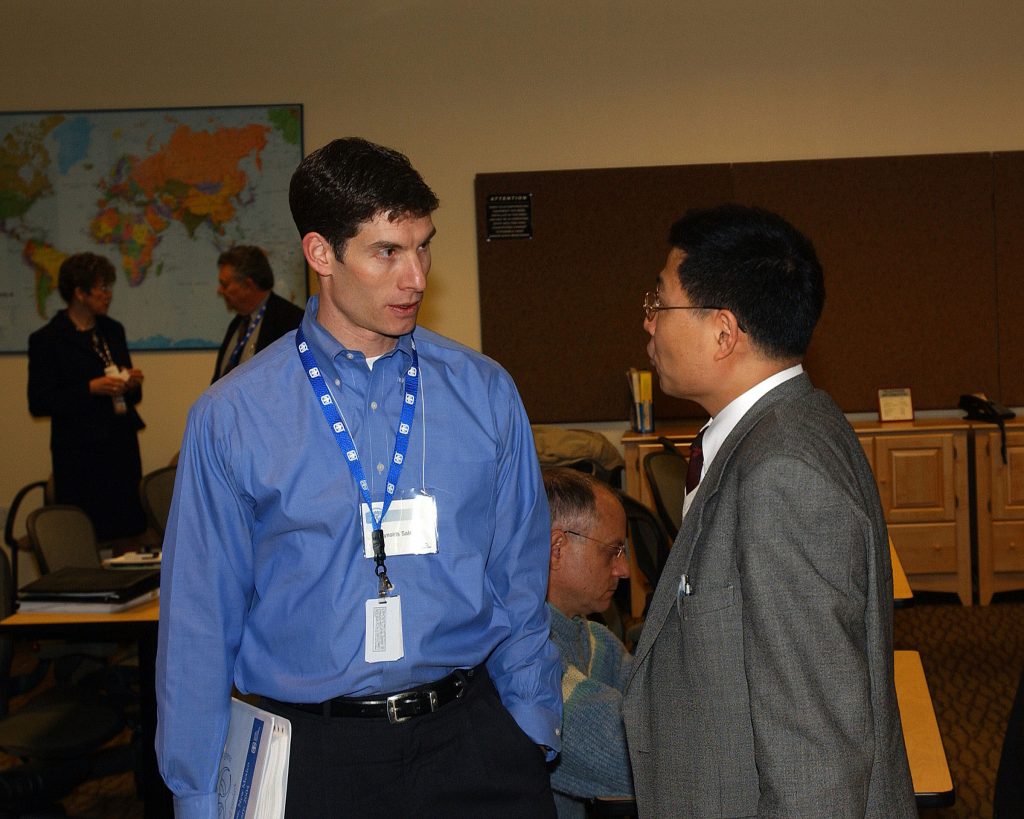
Download 300dpi JPEG image, ‘renatbiosecurity.jpg’, 772K (Media are welcome to download/publish this image with related news stories.)
ALBUQUERQUE, N.M. — More than 60 scientists from government-operated bioscience research laboratories around the world are gathered in Albuquerque this week to discuss keeping dangerous pathogens and toxins out of the hands of terrorists.
The National Nuclear Security Administration’s Sandia National Laboratories is hosting the first-of-its-kind symposium in Albuquerque at Sandia’s International Security Center. One of the Center’s missions is to improve U.S. national security by working cooperatively with foreign governments to secure nuclear, chemical, and biological materials worldwide.
The goal of the International Symposium on Securing High Consequence Pathogens and Toxins, Feb. 1-6, is to share information and begin a dialogue with operators of U.S. and foreign government labs conducting infectious disease research about the need for standards and protocols that would lead to improved security at those facilities.
Participants can be made available for interviews. Please contact John German, Sandia Media Relations, at 844-5199 for details.
Although most international bioscience labs have systems in place to prevent people from being accidentally exposed to infectious diseases, no international guidelines exist that specify how labs should prevent malicious theft or sabotage of biological materials, says Sandia technical host Ren Salerno.
“We recognize that it makes little sense to lock down U.S. bioscience labs if those who intend to steal pathogens could more easily accomplish their objectives overseas,” he says.
Since 9/11 and the anthrax attacks of 2001, the U.S. government has invested in various measures to improve the country’s ability to respond to bioterrorism — new vaccines, therapies, sensors, disease-tracking systems, and improved public health infrastructures, for example.
Biosecurity, which aims to keep terrorists from obtaining the material necessary to make a biological weapon, is one of the only preventive measures that has been pursued. It is now a federally mandated requirement for U.S. bioscience laboratories.
Sandia is playing a leading role in the relatively new field of biosecurity, says Salerno, recommending that biosecurity measures and standards be adopted worldwide and considered as national implementation policy for the Biological Weapons Convention.
NNSA’s Office of Nonproliferation Policy sponsors the symposium.
